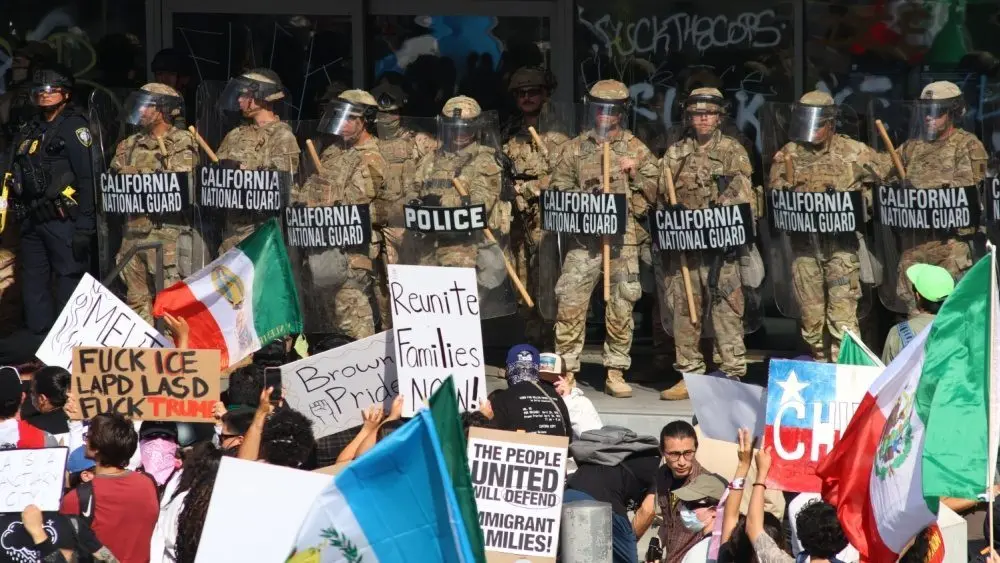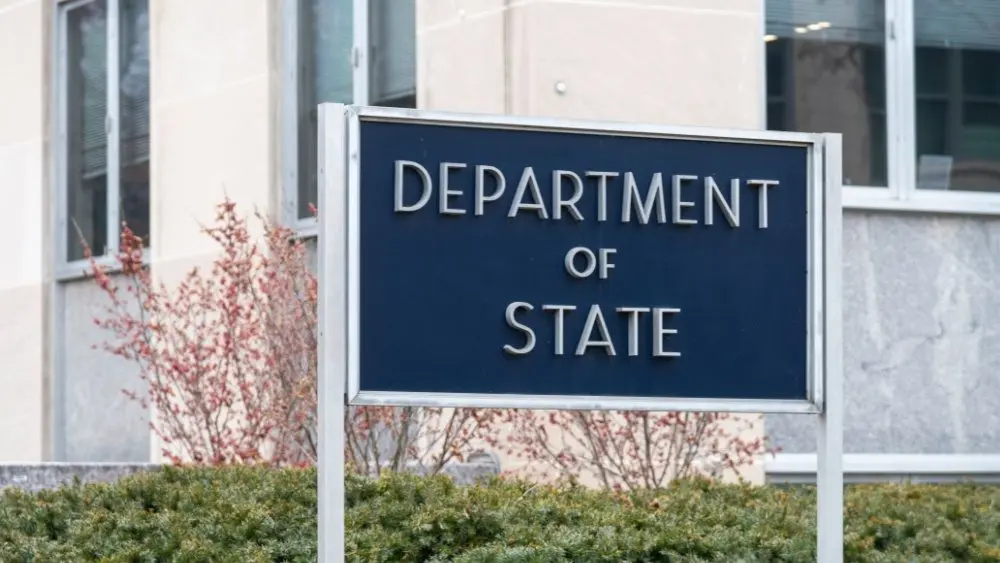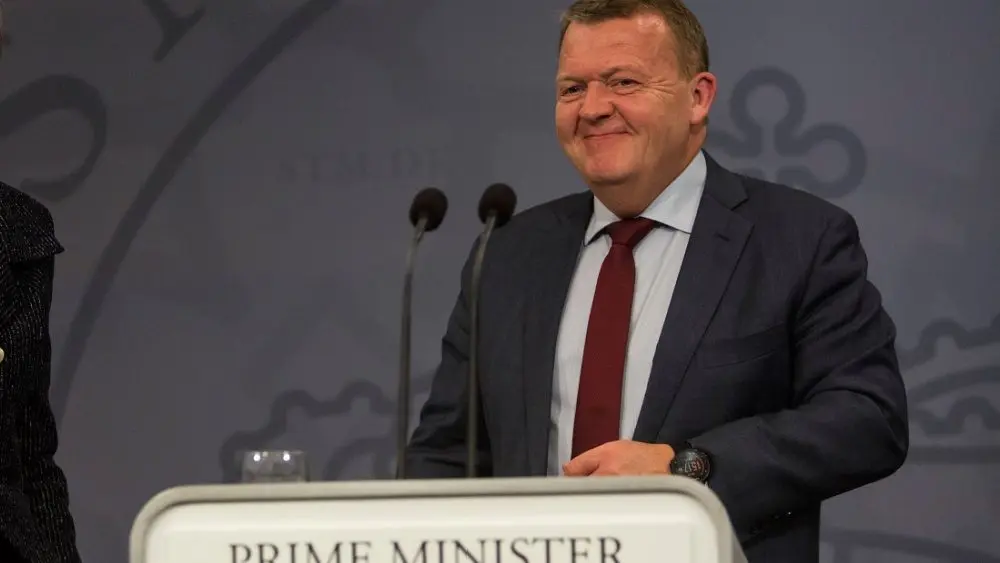
The U.S. Supreme Court on Monday overturned a lower court order that had restricted federal immigration officers from conducting certain patrols in Los Angeles and other areas of Southern California. The ruling clears the way for President Trump to resume sweeping immigration enforcement stops in the region, as part of the Trump administration’s campaign to carry out mass deportations of people in the U.S. unlawfully.
The Supreme Court’s 6-3 decision comes as Immigration and Customs Enforcement agents also step up enforcement in Washington amid Trump’s unprecedented federal takeover of the capital city’s law enforcement and deployment of the National Guard. The high court issued a short order without explanation; with Justice Brett Kavanaugh writing separately that he questioned whether constitutional violations had occurred. He noted that given Los Angeles’ sizable undocumented immigrant population—many of whom gather at day-labor sites, work in construction, or speak little English—officers could often claim reasonable suspicion in practice: “”Especially in an immigration case like this one, it is also important to stress the proper role of the Judiciary. The Judiciary does not set immigration policy or decide enforcement priorities.”
By granting an emergency request, the justices temporarily set aside a July 11 ruling by U.S. District Judge Maame Ewusi-Mensah Frimpong in Los Angeles that prevented federal immigration authorities from stopping people in Southern California without reasonable suspicion that they are in the U.S. unlawfully. That order barred officials from relying solely on certain factors like a person’s race or occupation as the basis for a detentive stop.
Immigrant advocacy groups and workers’ organizations contended the policy violated the Fourth Amendment, which requires law enforcement to establish “reasonable suspicion” before making stops. The 9th U.S. Circuit Court of Appeals upheld Frimpong’s order on August 1, prompting the administration to seek relief from the Supreme Court.
Solicitor General D. John Sauer argued that the injunction issued by the district court hampered the ability of immigration authorities to enforce the nation’s immigration laws in Los Angeles and put them at risk of violating its order during routine investigative stops.
Justice Sonia Sotomayor dissented alongside the other two liberal justices, Elena Kagan and Ketanji Brown Jackson. She condemned the ruling, warning that it opened the door to discriminatory practices: “we should not have to live in a country where the Government can seize anyone who looks Latino, speaks Spanish, and appears to work a low wage job. Rather than stand idly by while our constitutional freedoms are lost, I dissent,” Sotomayor wrote adding that the Constitution’s Fourth Amendment, which protects against unlawful searches and seizures, should protect everyone: “After today, that may no longer be true for those who happen to look a certain way, speak a certain way, and appear to work a certain type of legitimate job that pays very little.”
Editorial credit: Josiah True / Shutterstock.com




